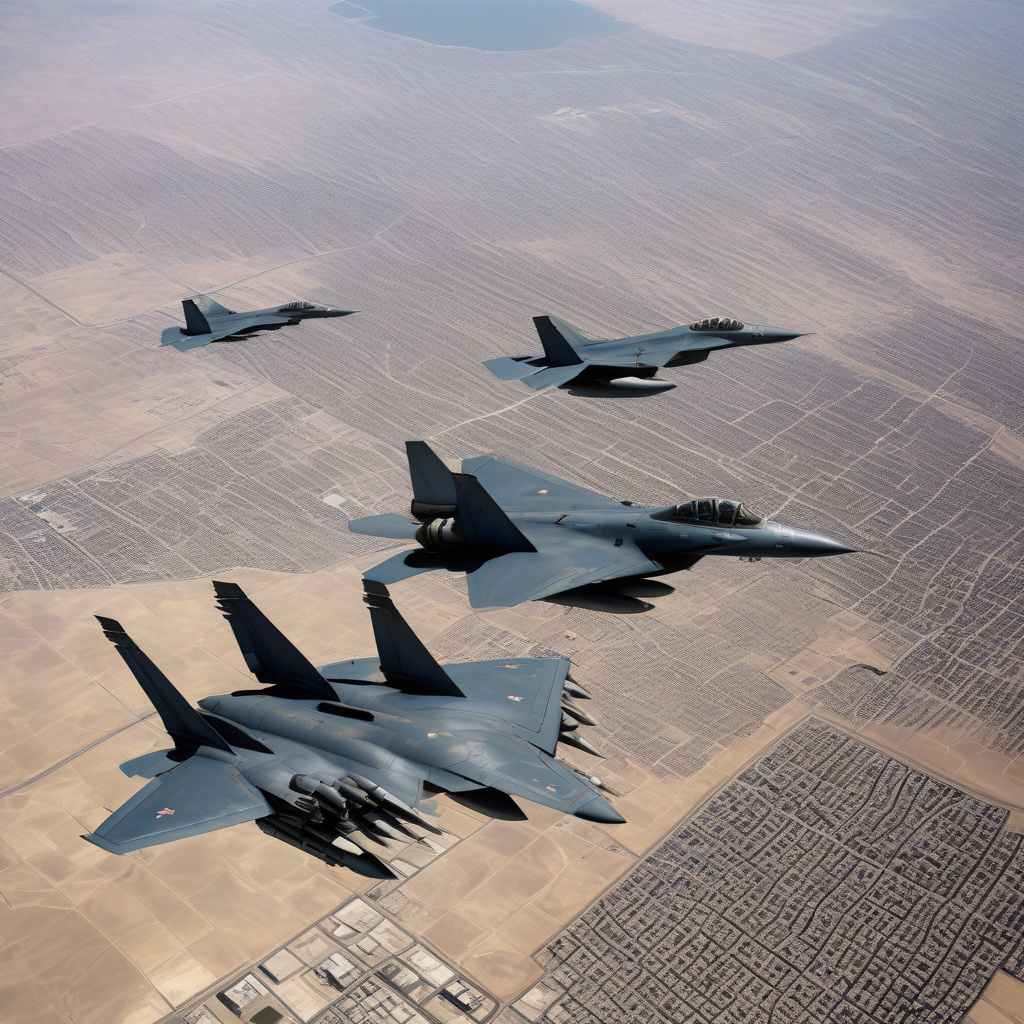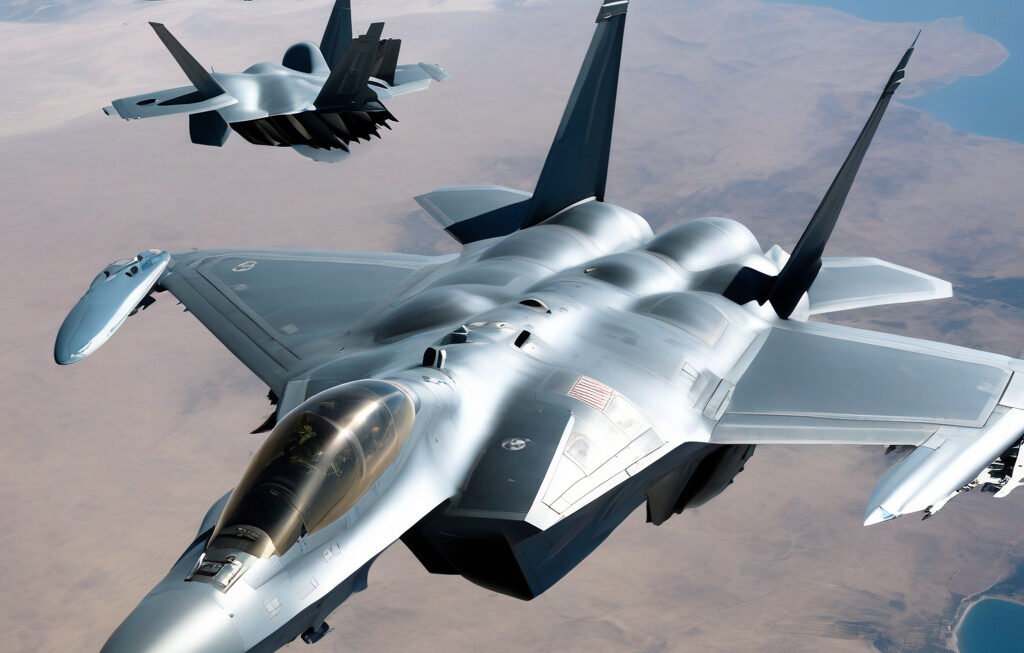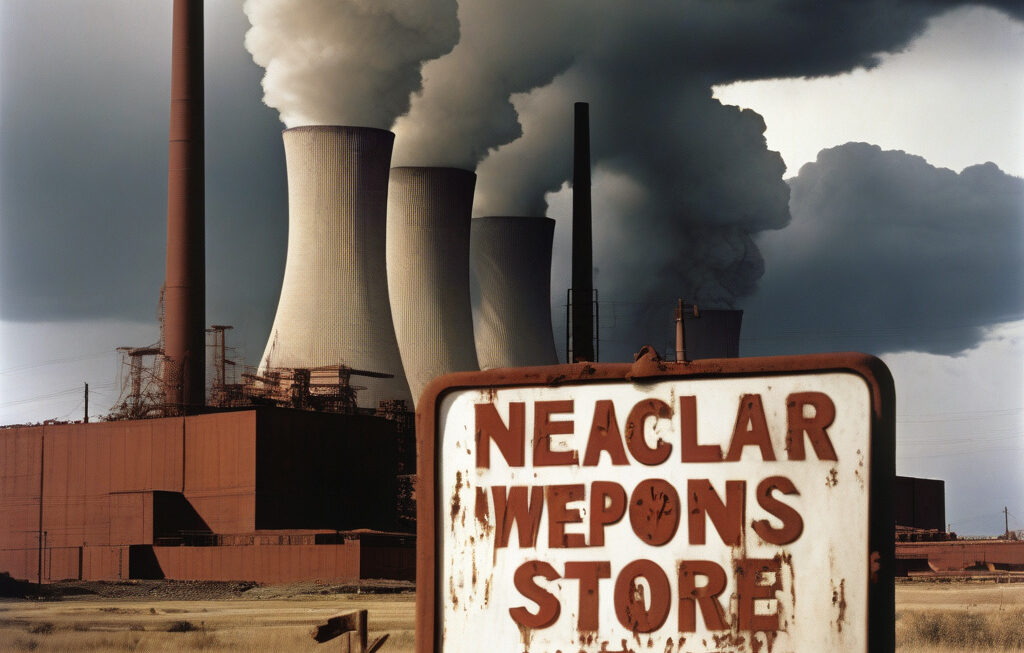Israel Claims Its 200 Fighter Jets Hit Major Nuclear and Military Sites Across Iran
Israel launched a wave of strikes against nuclear and military sites in Iran on Thursday, claiming that its 200 fighter jets successfully targeted key facilities. The daring operation, which has sparked international controversy, marks a significant escalation in the long-standing tensions between the two Middle Eastern countries.
The Israeli Defense Forces (IDF) released a statement confirming the airstrikes, describing them as a pre-emptive measure to protect national security. According to the IDF, the targeted sites included nuclear facilities, weapon depots, and military bases believed to be under the control of Iran’s Islamic Revolutionary Guard Corps (IRGC).
This bold move by Israel underscores the growing concerns over Iran’s nuclear ambitions and regional influence. Despite Iran’s repeated denials of seeking nuclear weapons, many Western countries, including the United States and Israel, remain skeptical and have called for stricter monitoring of Iran’s nuclear activities.
The timing of the airstrikes is also significant, coming amidst renewed efforts to revive the Iran nuclear deal, formally known as the Joint Comprehensive Plan of Action (JCPOA). The JCPOA, which aimed to curb Iran’s nuclear program in exchange for sanctions relief, has been a point of contention since the United States withdrew from the agreement in 2018.
While Israel has not officially claimed responsibility for previous covert operations against Iran’s nuclear program, such as the assassination of top Iranian nuclear scientists, the recent airstrikes represent a more overt and direct military action against Iranian targets.
The international community has reacted swiftly to the airstrikes, with the United Nations calling for restraint and urging both Israel and Iran to de-escalate tensions. The European Union has also expressed concerns over the potential consequences of the airstrikes on regional stability and the broader implications for global security.
Iran has condemned the airstrikes as a violation of its sovereignty and has vowed to retaliate against what it perceives as an act of aggression. The Iranian government has called on the international community to hold Israel accountable for its actions and has warned of the dangerous repercussions of further military confrontation.
The fallout from the airstrikes is likely to have far-reaching implications for the Middle East and beyond. With both Israel and Iran standing firm in their positions, the risk of a wider conflict looms large, raising fears of a destabilizing regional war with global repercussions.
As the situation continues to unfold, it remains to be seen how the international community will respond to the latest escalation in tensions between Israel and Iran. The need for diplomatic efforts to defuse the crisis and prevent further hostilities has never been more urgent.
In conclusion, Israel’s airstrikes on major nuclear and military sites across Iran have set off a chain reaction of condemnation, concern, and calls for restraint from the international community. The stakes are high, and the potential for escalation is real, highlighting the volatile nature of the geopolitical landscape in the Middle East.
Israel, Iran, Airstrikes, Nuclear, InternationalRelations












